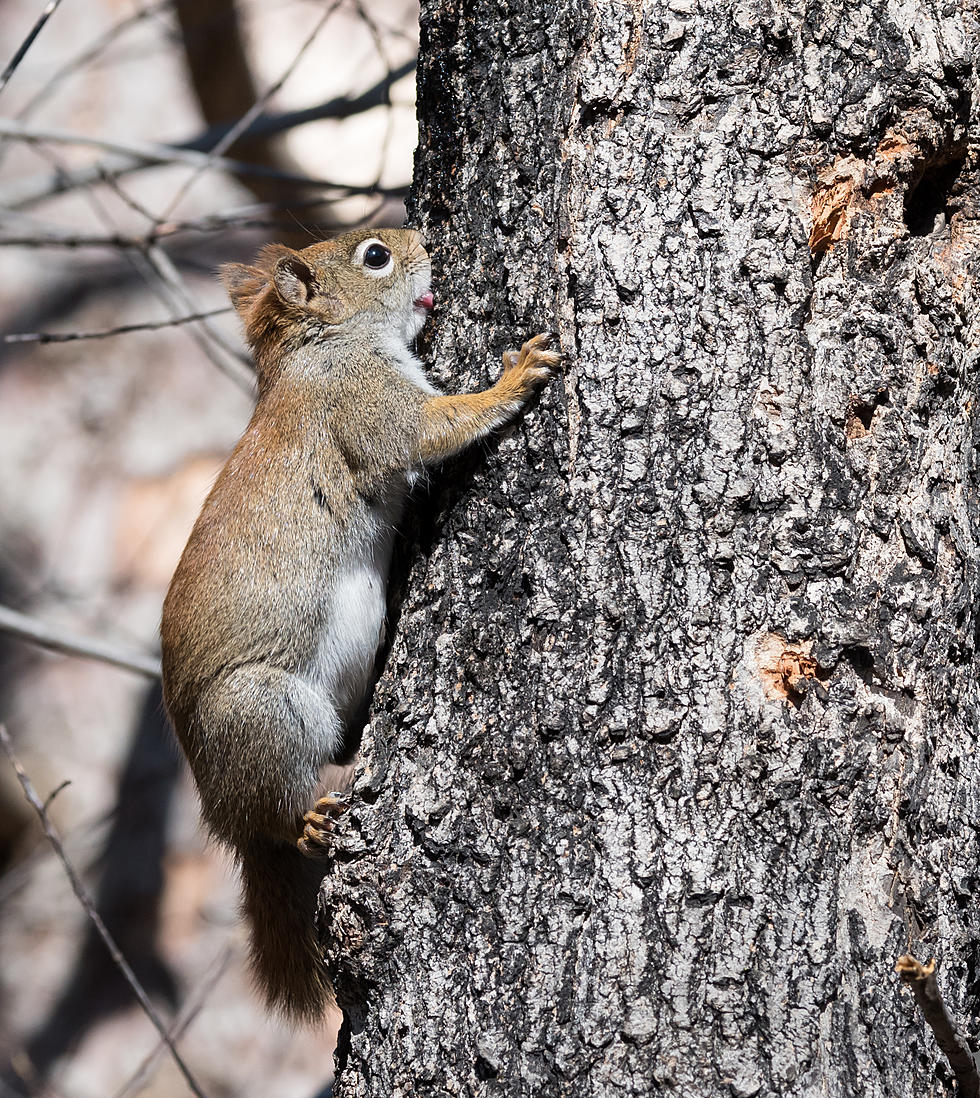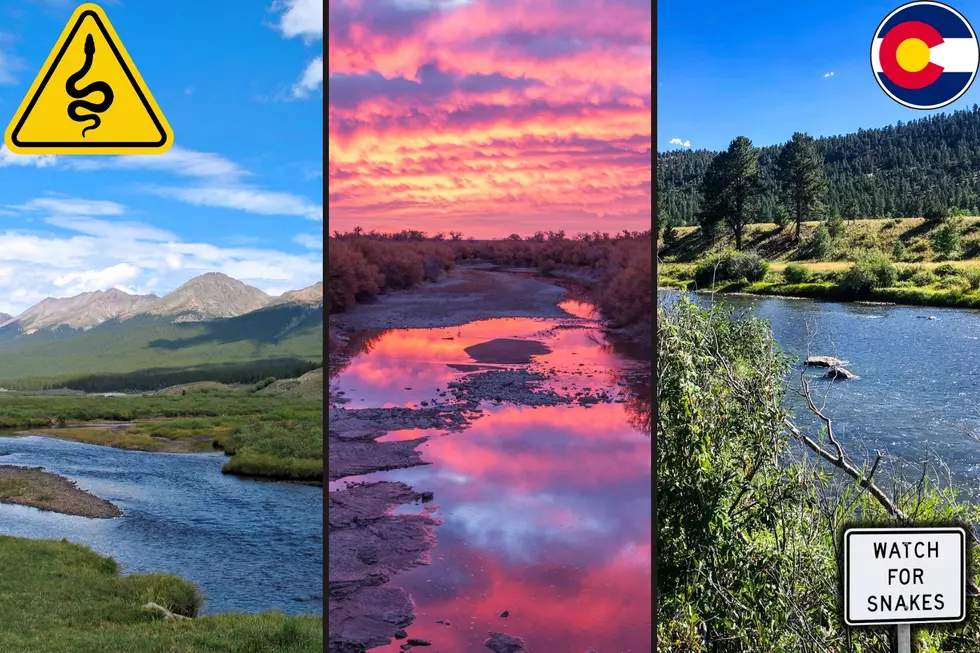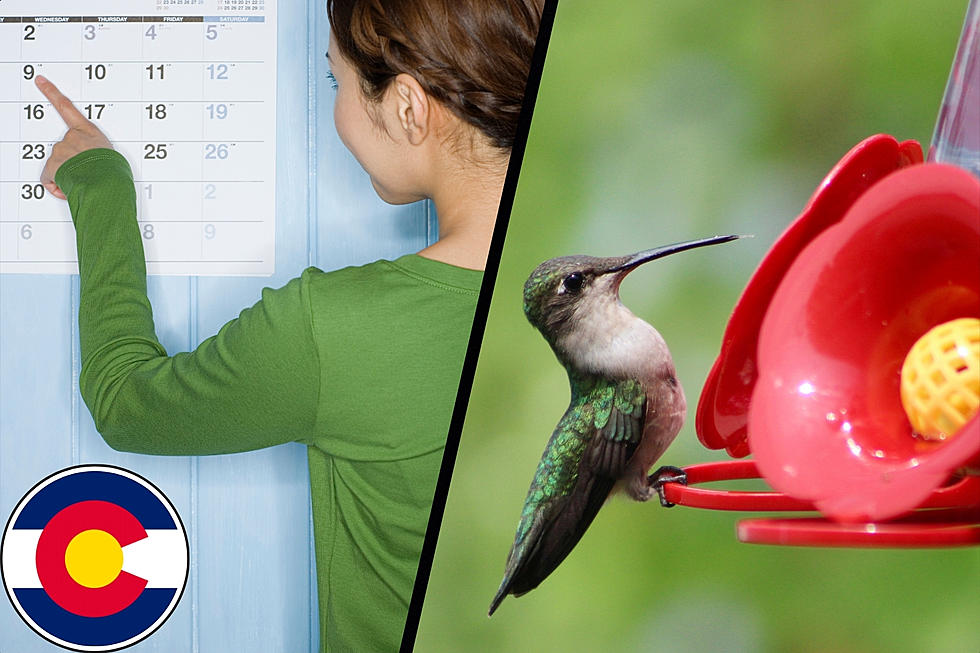
Colorado Squirrel Tests Positive For Plague
A Colorado squirrel has tested positive for plague and here's what you need to know.
It is not out of the ordinary for wild rodents in Colorado to have plague. The disease has been in Colorado since at least the 1940s. But, according to the Canon City Daily Record, Colorado Department of Public Health and Environment is warning residents to take precautions for themselves and their pets.
The CDPHE says the squirrel tested positive for plague last week in El Paso county. Plague activity is most common during the summer months but can happen earlier and can affect other wildlife species. Domestic dogs and cats can be affected as well.
How Does Plague Spread
Plague can be transmitted through the bite of an infected flea, or from infected animal tissue, fluids, or respiratory droplets. While there is no vaccine for plague, both people and animals can be treated with antibiotics. Symptoms of plague include sudden fever, headache, chills, and weakness.

How to Protect Your Pets From Plague
The CDPHE says the best way for people to guard against plague is by not directly handling wildlife. You should also keep your pets away from wildlife - including dead rodents and rabbits. They also advise against allowing your pet to hunt rodents, rabbits, or prairie dogs.
Last year, two people in Colorado were infected with plague after being exposed to sick animals. Both individuals recovered. Plague was discovered in animals lasts year in Adams and Broomfield counties.
No Cause For Alarm
There is no cause for alarm, only caution - especially if you expect to have your pets out in the woods or in a place where they could potentially have contact with wildlife - dead or alive.
KEEP READING: Here are 6 foods from your cookout that could harm your dog
LOOK: Here Are 30 Foods That Are Poisonous to Dogs
More From 99.9 KEKB - Grand Junction's Favorite Country









